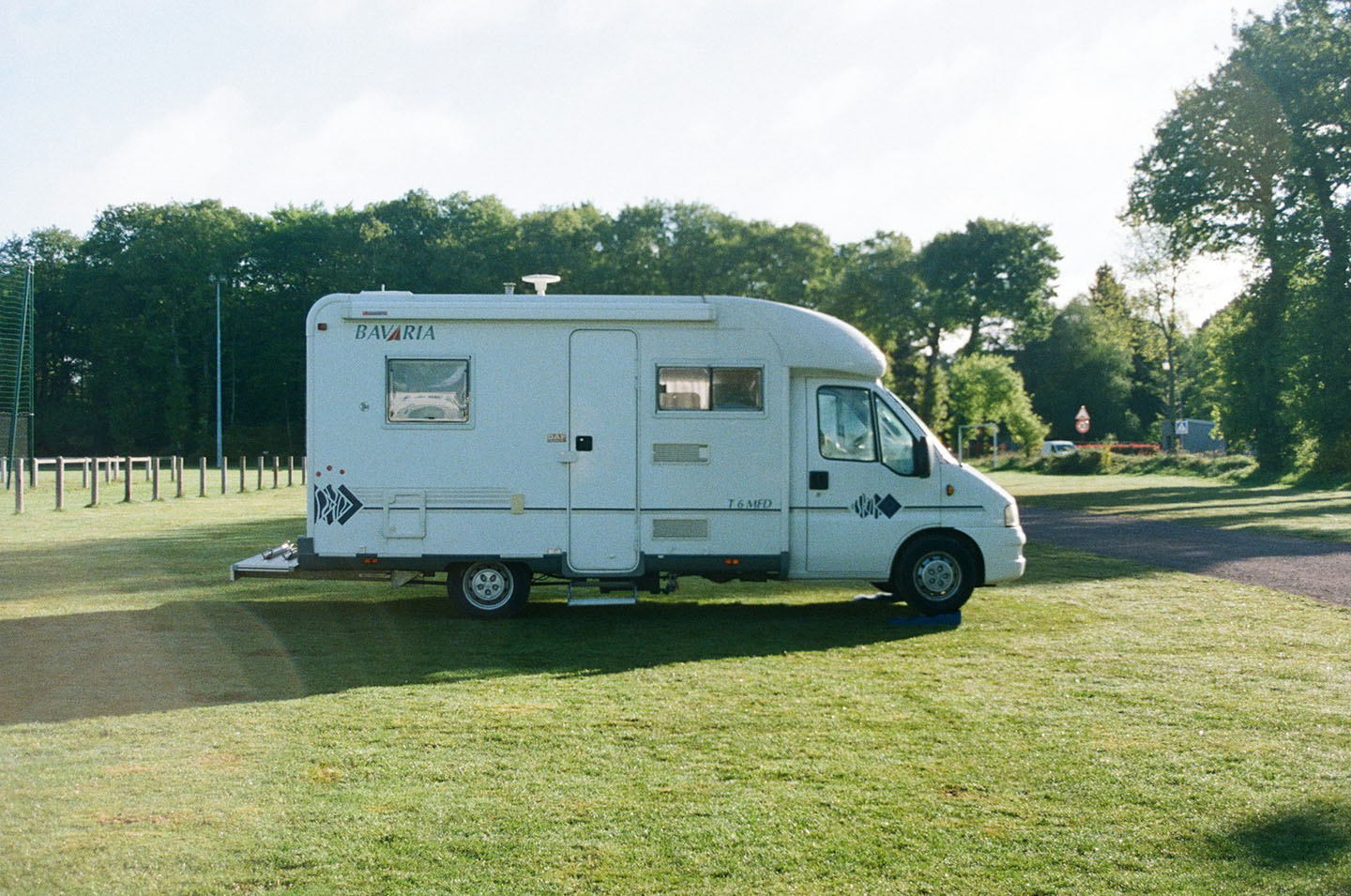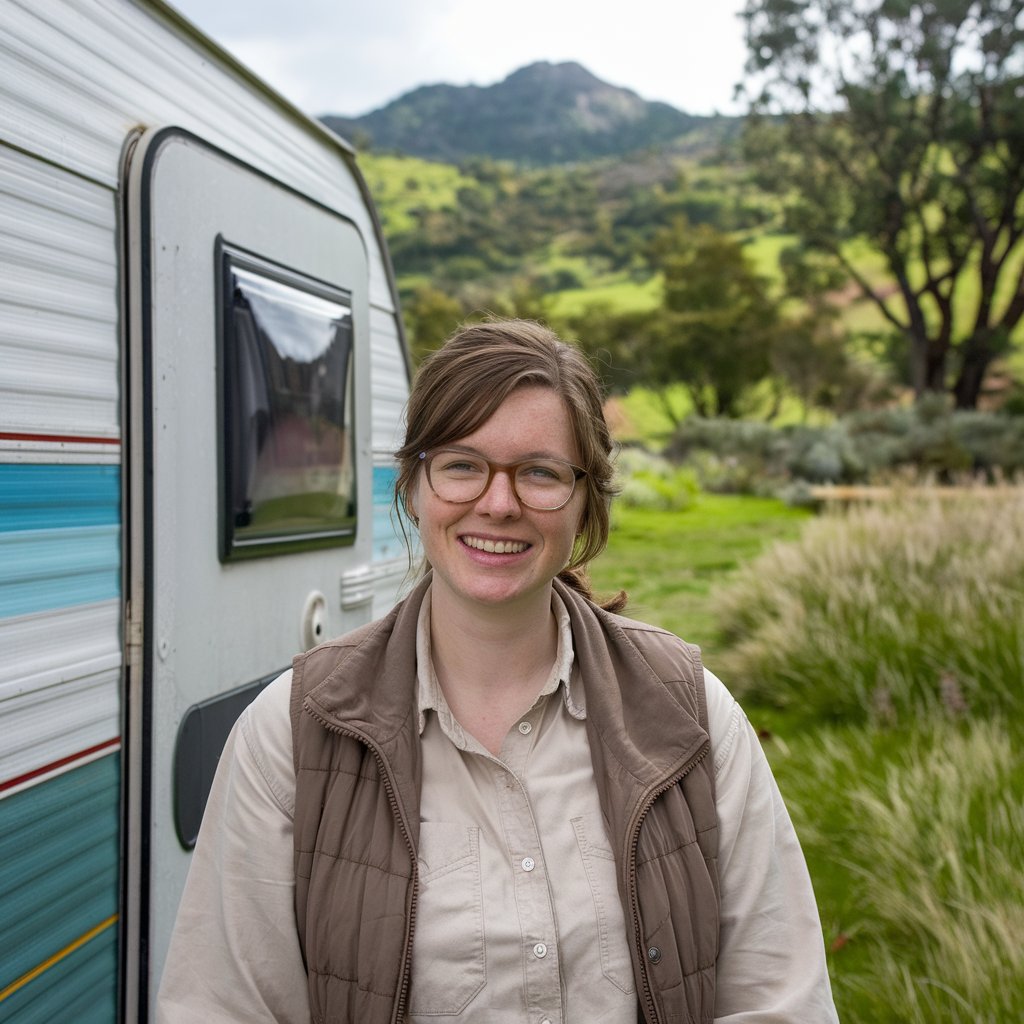Can I Leave my Campervan Parked on the Street in Australia?

Understanding the legalities of street parking your campervan in Australia is essential for a smooth and stress-free journey. This guide covers the national and state-specific laws that govern how long you can leave a campervan parked on public streets, whether overnight stays are allowed, and alternative legal options for parking.
Is It Legal to Park a Campervan on the Street in Australia?
In most cases, yes — campervans that are under 7.5 metres in length and weigh less than 4.5 tonnes can legally park on public streets. However, individual state laws and local council regulations may restrict where and how long you can park, especially if you plan to sleep in the vehicle.
General Street Parking Rules Across Australia
- Vehicle Limits: Most councils permit parking of vehicles under 7.5 metres and 4.5 tonnes GVM on public streets unless otherwise signed.
- Sleeping Restrictions: Even if parking is permitted, overnight sleeping in the vehicle is commonly prohibited on public streets.
- Time Limits: Some councils allow parking for only 24 to 72 hours in the same location.
- Check Local Laws: Regulations vary by location, so it is important to read all signage and refer to council websites before leaving your vehicle.
State-by-State Overview
Queensland
- Campervans within the legal size and weight limits may park on the street.
- Overnight sleeping in vehicles may be restricted by individual councils.
- QLD Parking Laws – ABC News
New South Wales
- Local councils in urban and coastal areas commonly restrict both parking durations and overnight vehicle stays.
- Designated campgrounds and paid parks are recommended for overnight stops.
Victoria
- Time-limited parking zones are common in metropolitan areas.
- Sleeping in vehicles on public streets is generally discouraged.
South Australia
- Campervans may park on residential streets unless signed otherwise.
- Future legislation may impact long-term street parking for larger vehicles.
Western Australia
- Many councils prohibit overnight sleeping in vehicles parked on public land.
- Legal alternatives include rest areas and designated camping zones.
- Explore Parks WA
Tasmania
- Parking is generally permitted, but overnight sleeping may be banned by local regulations.
- Free and low-cost campsites are available in many rural areas.
Northern Territory
- More flexible rules apply outside major centres.
- Darwin enforces stricter parking laws, particularly in residential zones.
Australian Capital Territory (ACT)
- Street parking is legal for appropriately registered vehicles.
- Overnight stays are not allowed on public streets.
Where Not to Park a Campervan
To avoid fines or towing, avoid parking in:
- No Parking or No Stopping zones
- Driveways or private property without permission
- Coastal areas that lack clear signage or designated parking
- City CBDs with height or time restrictions
Legal Alternatives to Street Parking
| Parking Option | Description |
|---|---|
| Rest Areas | Designated short-term stops, often limited to 24 hours |
| Caravan Parks | Offer full facilities and are ideal for overnight stays |
| National Parks | Camping areas available with a valid permit |
| Free Camping Zones | Designated areas legally approved for overnight stays |
Best Practices to Stay Compliant
- Always check local street signage and council regulations
- Avoid blocking driveways or causing disruptions to nearby residents
- Use official campgrounds or holiday parks when in doubt
- Keep noise and lighting to a minimum in residential areas
Final Thoughts
Parking a campervan on public streets in Australia is generally permitted under specific conditions, but sleeping overnight in the vehicle is often where restrictions apply. Laws can vary widely between states, territories, and even suburbs, so it is essential to do your research before settling in. For peace of mind, consider using official campsites or rest areas wherever possible.
Planning your trip? Compare and book campervan rentals with Camptoo for a secure and flexible travel experience.

